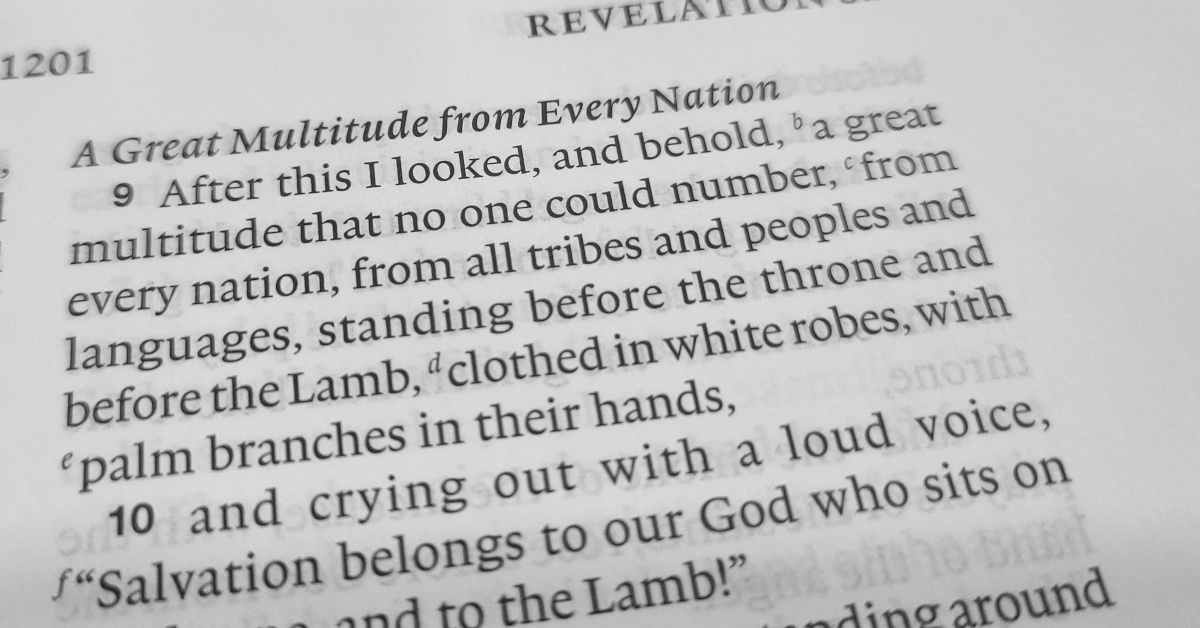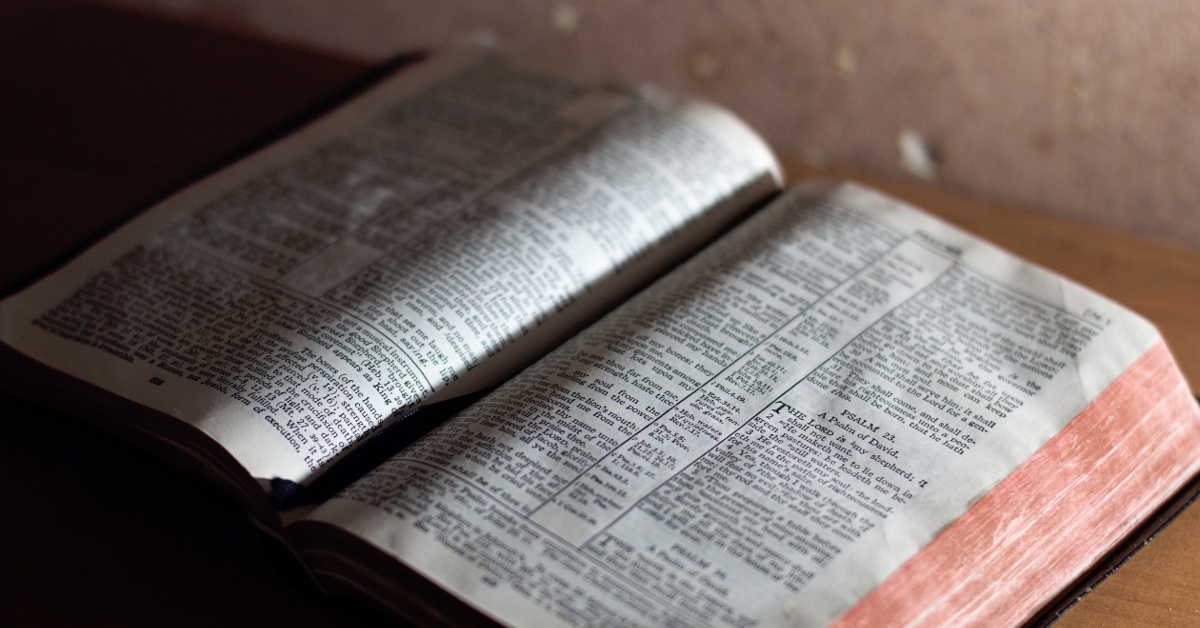It’s been over three years since I last posted here—time enough to have a third child, graduate seminary, buy and renovate a home, and start a church plant. I have been too busy to write anything here, but I’ve been fighting the urge since July, when I first read Michael Spangler’s newly published “Race Realism” series. For several years, Michael was a minister in my denomination, the Orthodox Presbyterian Church, until he was divested from office this April. Just a few days ago, at his request, our presbytery erased him from membership in the OPC.
By removing Michael from membership, we are no longer able to address his racial views through church discipline. I cannot speak for my fellow presbyters, but I personally voted for erasure because Michael has not attended an OPC congregation in years, and his continued membership in our denomination tied the hands of sister denominations where he began attending. Better to recognize that reality, erase him from membership, and address his views through other means.
To be clear, what follows is in no way an official answer to Michael from either my presbytery or the denomination. I have heard universal grief and opposition to his racial views from my fellow pastors, but in this response I speak only for myself. I am choosing to specifically respond to Michael’s “Race Realism” series because it is a good representation of a small but growing number of voices on the theological right, and because it originates from my own part of the church. I don’t want to elevate fringe voices by engaging with them, but I think we’ve reached a point where critical response is needed, even from such small platforms as mine.
“Race Realism” Summarized
Michael’s argument is laid out in a series of six lengthy articles. I do not intend to respond to every detail, and I will consciously ignore some bits which I find abhorrent in order to focus on the core of his argument, from which the rest grows.
The series’ basic argument can be outlined as follows:
- Race is real.
- Differences between races are real, and remain relatively constant over time.
- Because of these differences, some races are definitely and fixedly superior to others, with the white race preeminent.
From this third point, various applications are drawn, such as opposing interracial marriage, promoting segregation in society and church, opposing equal civil rights for non-whites, calling for the removal of non-white immigrants regardless of legal status, and suggesting foreign missions should be deemphasized to focus on revitalization of beleaguered white churches.
The main problem with Michael’s argument as an argument is simply that it is unsound, neglecting important facts and drawing unjustified inferences. The main problem with his argument in practice is that it undermines love between neighbors and brothers and promotes pride in those who hold to it.




